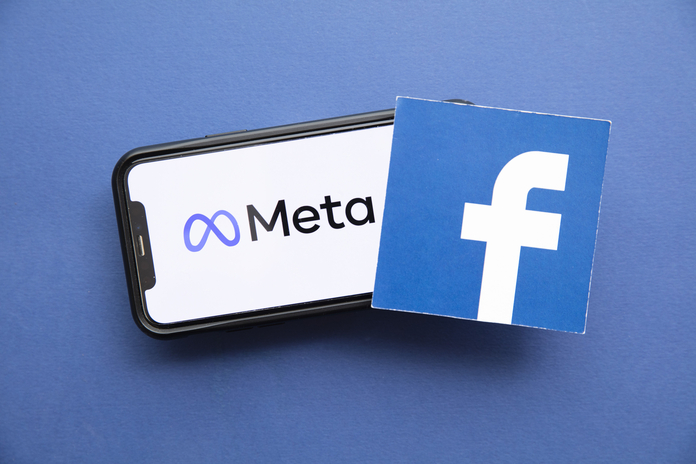One of the few S&P 500 businesses without debt, Meta Platforms Inc. (NASDAQ:META), is selling $10 billion in bonds in its first-ever corporate bond offering as its cash flow and stock price decline.
Meta Is Selling Bonds After Posting a Lower Q1 Revenue
According to a source with knowledge of the situation, the bond sale for the social media giant is divided into four pieces. After initial negotiations of 1.75 to 1.8 percentage points, the longest tranche of the offering, 40-year security, will yield 1.65 percentage points above Treasuries, according to the individual who asked to remain anonymous because the information is private. According to a person familiar with the demand, orders for the Meta bonds peaked early in the afternoon in New York at more than $30 billion.
The company’s perspective on borrowing might have changed along with its commercial situation. Recently, Meta reported its first quarterly revenue fell year-over-year, blaming the market uncertainties in digital advertising, which has long been the company’s growth engine.
The parent company of Facebook and Instagram is worried that young people are switching to ByteDance Ltd.’s TikTok in place of its platform. In the Metaverse, an immersive virtual reality environment where CEO Mark Zuckerberg envisions we will communicate, work, and shop in the future, Meta has large, expensive plans to develop an entirely new version of the internet.
Share Repurchases
The bond sale’s proceeds may be applied to investments, stock repurchases, and capital projects, among other things. According to Bloomberg Intelligence analysts Mandeep Singh and Ashley Kim, the company may be more likely to utilize the funds to dramatically increase its share buybacks and hire and keep bright personnel than to increase expenditure on Metaverse developments.
According to its results announcement last week, Meta has been repurchasing shares with cash, spending $5.1 billion in the second quarter of this year alone. It has $24.3 billion available as of June 30. The repurchases are more affordable because the stock’s price has more than half from its peak in September to $168.80 as of Wednesday’s market closing. According to the 2022 consensus EBITDA and even with the issuance of a vast deal, leverage would still be below 1x, according to a note by BI analyst Robert Schiffman.
According to information gathered by Bloomberg, the amount of cash it has on hand has decreased by $23.6 billion from a year ago. That one was one of the most considerable cash losses experienced by non-financial S&P 500 companies during that period.
Despite having sizable cash reserves, many of Meta’s significant competitors in the technology sector have taken out hefty loans at low rates. According to data provided by Bloomberg, as of the most recent quarter, only 18 companies in the S&P 500 have no outstanding short-term or long-term debt, excluding lease liabilities.
Other major firms, such as Apple Inc. and Intel Corp., leveraged the credit market surge to sell debt over the past month. The companies are taking advantage of the market’s current period of relative stability by exploiting yields that have been sliding lower after soaring all year.
Moody’s Says Meta Has a Solid Credit Profile
S&P Global Ratings has given Meta an investment-grade rating of AA-, while Moody’s Investors Service has given the tech behemoth a one-step lower A1 rating.
According to a study by Moody’s, “The A1 issuer rating is based on Meta’s solid credit profile, which reflects the leading global position of its platform brands in social networking, underpinned by its substantial user base.”
Morgan Stanley, JPMorgan Chase & Co., Bank of America Corp., and Barclays Plc managed the bond sale on Thursday. Meta and the banks called some fixed-income investors on Wednesday to promote the sale.
Featured Image: Megapixl © Inkdropcreative1















